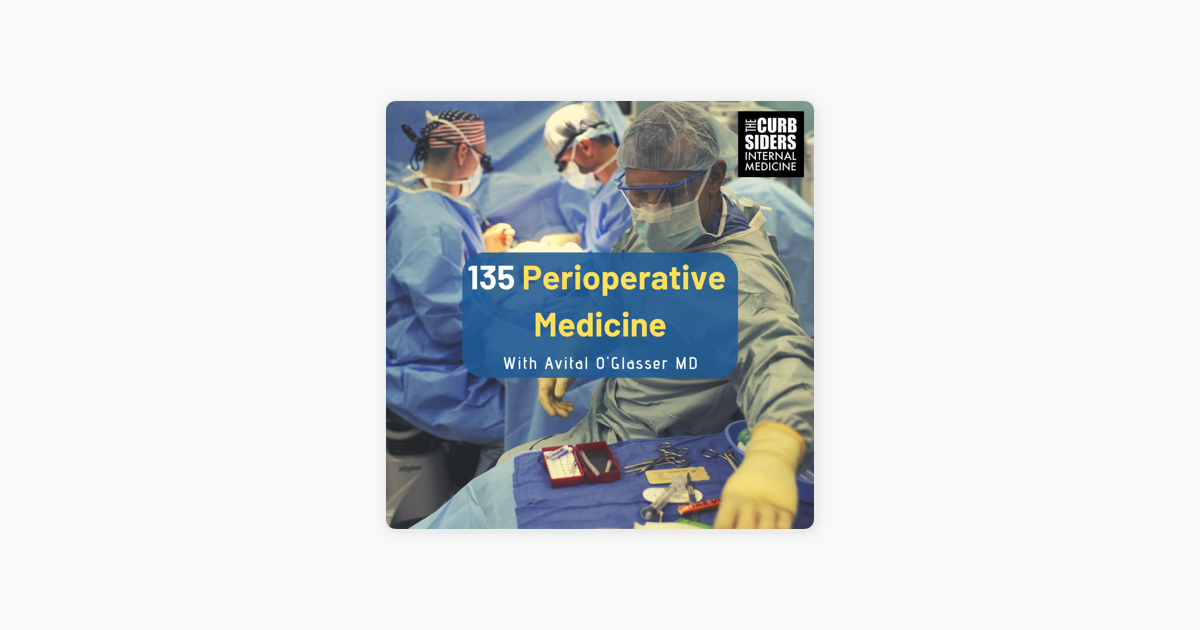This is definitely a thing at my residency (medicine recommending meds in our prep note). I have no idea why they want medicine to do it either other than it being scut. Having been on the other side of surgery (prior life to medicine) when a case goes bad tho, I can say with certainty that they are just trying to spread risk/blame with preops. I clearly recall a patient coding and anesthesia trying to say the patient ‘wasn’t moderate risk’ like their preop said.
It is time for a little bit of medical history.
In the "gold old days" when all you needed to do significant surgery (e.g., gastrectomy, colectomy) was to complete a one-year internship, to get patients a surgeon had to "split fees." In other words, the referring "general practitioner" would expect to receive about a third of what the surgeon collected as a "kick back." If a surgeon refused, he would spend his days twiddling his thumbs in the doctor's lounge and maybe doing a "charity" case every once in a while.
It is for this reason that surgeons pushed the AMA and other medical bodies to make "fee splitting" a violation of medical ethics. (And eventually illegal.)
Code of Ethics Opinions pages. Payment by or to a physician or health care institution solely for referral of a patient is fee splitting and is unethical.

www.ama-assn.org
However, at the same time, surgeons - who were almost always in "private practices" and therefore didn't have a dedicated stream of patients - had to convince FM/IM physicians to send them patients as opposed to the guy down the block. This was of course way before the internet and direct marketing to patients, and still when patients were expected to go where their physician told them to.
This was when "medical clearance" was born. A surgeon couldn't give a cash bribe in the form of fee spitting (although this didn't prevent nice Christmas baskets) but he could ask for a "consult" from the original referring physician. Since consults paid very well, and since a "consult" on a patient you knew very well didn't entail the level of work reflected in the fee, this was a new, legal, form of fee splitting.
So the idea of "medical clearance" is a vestigial aspect of the original idea of fee splitting. It was never really intended to provide useful information to the surgeon.
Like many things in medicine, it remains because that is the way it was always done. Or almost always. It was never about providing good healthcare, it was about billing and revenue. As soon as you see it in that light, it begins to make perfect sense.
Now a little bit of medical trivia:
Since I am old, (and now retired), and since I also retired from the military, a medical student asked me about an episode of MASH she had just seen. In it, Frank Burns mocked Hawkeye and Trapper for "learning surgery in a hospital" and they mock Burns for not doing that. She asked, "was that about the academic/community residency program divide?" No, it was because Frank had no formal training as a surgeon at all. Apart from what he picked up in his general intern year. All the rest he learned (poorly) from his father.
Keep in mind that up until the early 70's, most surgery in the U.S. was done by physicians who did not complete a surgical residency. These patients are quickly dying off, but keep this in the back of your mind if you see someone who had an operation prior to 1970 or so. I have seen a couple of patients who report having had an appendectomy, who had the appropriate scars for an open procedure, but still had their appendix. One surgery resident said, "Impossible. No surgeon would ever do that." "Well, yeah, but that is the problem right there."
End of history lesson.

